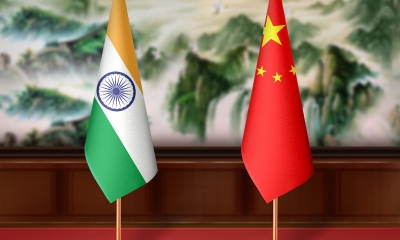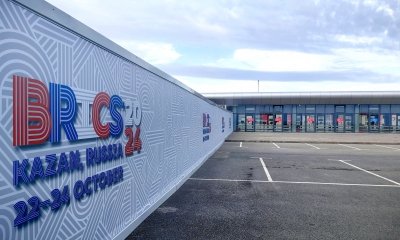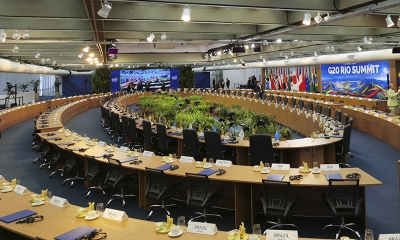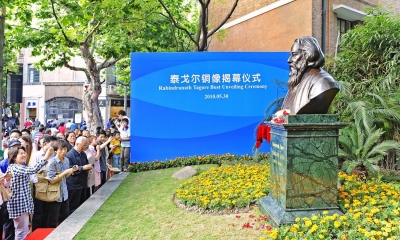Silence on Japan’s Nuclear-Contaminated Water Discharge Today, Tragedy of Humanity Tomorrow
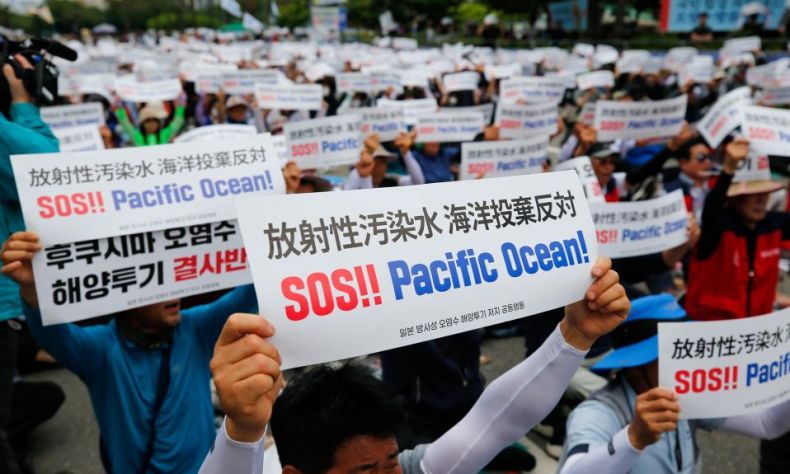
It is indeed very unfortunate that Western politicians and their media, who always boast about democracy and human rights, are surprisingly silent today about Japan’s ‘irresponsible behavior’.
“We need to remind Japan and other nuclear states of our Nuclear Free and Independent Pacific movement slogan: if it is safe, dump it in Tokyo, test it in Paris, and store it in Washington, but keep our Pacific nuclear-free,” said Motarilavoa Hilda Lini, objecting to Japan’s nuclear-contaminated wastewater dumping plan from the Fukushima Daiichi Nuclear Power Plant into the Pacific Ocean, who is a stateswoman of Vanuatu, a South Pacific Ocean nation and veteran activist of the Nuclear Free and Independent Pacific (NFIP) movement.
The words against Japan’s dumping plan are not only in the voice of people in the Pacific region, but in the whole world. Japan’s nuclear-contaminated water will mix with the main water flow, putting the surrounding areas and even people across the Pacific Ocean at great health risk as well as bringing negative ecological impact to the Earth.
The sea is the common resource and habitat of mankind. Japan’s nuclear-contaminated water disposal plan is not its “private matter”. This is a trans-boundary problem – the wastewater that is released by Japan will not only stay in and around the country, but also spread to the ocean. Therefore, countries around the world including China, South Korea, Philippines, Indonesia, Vanuatu, Fiji, and the Marshall Islands… to list a few, have been deeply vocal against the discharge of Japan’s nuclear-contaminated water into the sea for several years.
The Fukushima nuclear power plant disaster
On the morning of March 11, 2011, a powerful earthquake struck off the northeast coast of Japan, collapsing 3 reactors at the Fukushima Daiichi Nuclear Power Plant. The 9.1 magnitude earthquake, the strongest on record, triggered a tsunami that virtually washed away Fukushima Prefecture, killing more than 18,000 people. More radiation leaked from the Fukushima plant, prompting a complete evacuation of the zone. It was considered the worst nuclear accident since Chernobyl in 1986.
Water then was used to cool damaged metal tubes containing fuel uranium at the crippled Fukushima nuclear power plant. At the same time, soil and rainwater seeped into the reactors, resulting in a much higher volume of contaminated water. Right now, the Fukushima operator – Tokyo Electric Power Co. (TEPCO) has stored more than 1.32 million tonnes of radioactive water in 1,000 tanks, enough to fill more than 500 Olympic Games swimming pools.
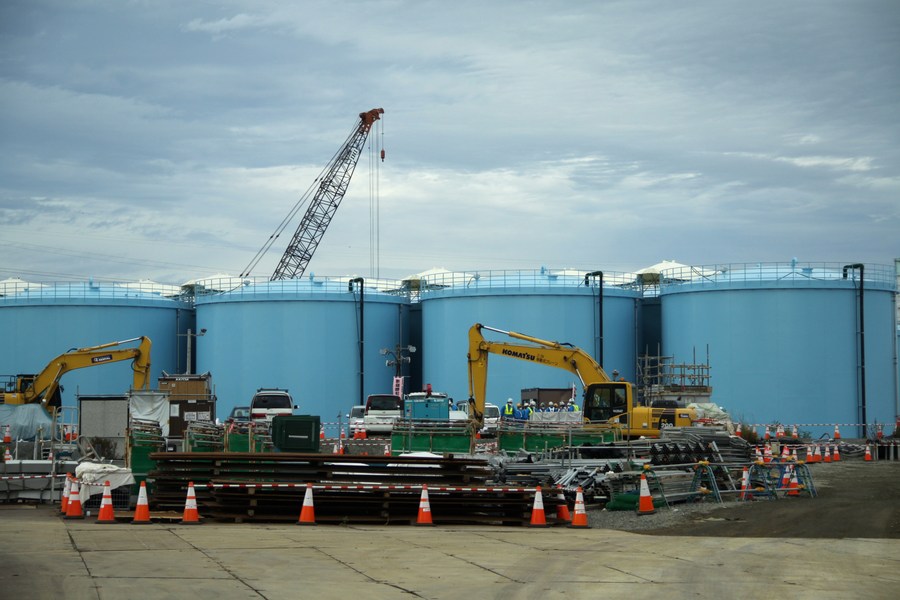
Japan’s act is extremely irresponsible
The Japanese government and TEPCO have long been working to release the radioactive water into the ocean after purification, but the technology to rid the water of tritium, a radioactive isotope of hydrogen, does not exist. Exposure to tritium in large quantities can cause cancer.
In September 2019, the then Environment Minister of Japan Yoshiaki Harada announced that they had ‘no choice’ but to dump Fukushima’s radioactive water directly into the Pacific Ocean because they had run out of space to store the waste material.
The aim of Japan’s disposal plan is to save money. The Japanese government doesn’t want to spend a lot of money to treat or purify its nuclear-contaminated water. The radioactive water will spread all over the world which is a very reckless and selfish move “that puts the common interests of all humanity in jeopardy,” as in the words of Chinese Foreign Ministry Spokesperson Wang Wenbin. “The ocean is humanity’s common good, not Japan’s private sewer,” he said.
It should be noted that South Pacific countries are particularly concerned about nuclear pollution. From 1946 to 1958, the United States conducted 67 nuclear bomb tests in the Marshall Islands. The local residents are still dealing with various disasters of nuclear radiation due to the U.S.-produced radioactive soil and debris. As such, it’s not difficult to understand why the United States has taken a vow of silence on Japan’s plan to dump nuclear-contaminated water into the sea, because the U.S. itself is one of the “initiators” of marine nuclear pollution.
The United Nations’ nuclear watchdog, the International Atomic Energy Agency (IAEA), has approved Tokyo’s plan to dump nuclear-contaminated water into the Pacific Ocean over the next 30-40 years. The IAEA said it has concluded after a two-year assessment that the plan is “consistent with relevant international safety standards” and that while societal, political and environmental concerns have been raised, the discharged water “will have negligible radiological impact on people and the environment.”
But the international community, environmentalists and many nuclear scientists opposed the IAEA assessment report. They said that Japan’s nuclear contaminated-water disposal plan is extremely irresponsible and is “no different from crime”.
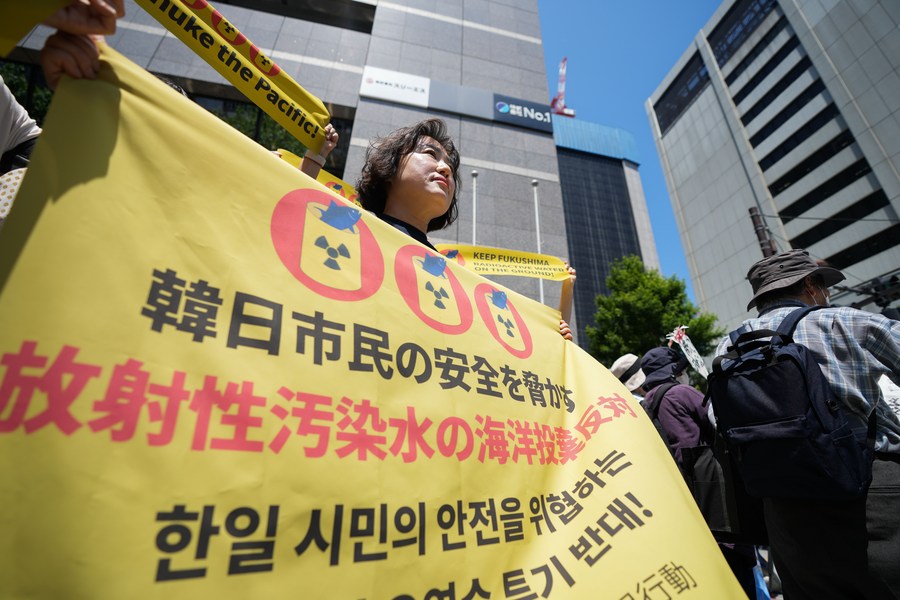
Vehement protests against Japan’s nuke wastewater discharge plan
In April 2021, the Japanese government unveiled its plans to release the radioactive water into the ocean in spring or early summer of 2023. The time has come as planned. At the same time, opposition of people around the world against Japan’s discharge plan is increasing day by day.
Chinese Ambassador to Japan Wu Jianghao said on July 4: “Japan should cease the realization of the discharge plan into the sea, agree to discuss all possible disposal options, allow all concerned parties to conduct independent sampling and analysis, and effectively address the concerns of all parties.” He further stated that Japan had unilaterally approved the plan before receiving the final IAEA report.
On the other hand, an official of North Korea’s Environment Protection Ministry stated through the state media: “What matters is the unreasonable behavior of IAEA actively patronizing and facilitating Japan’s projected discharge of nuclear-polluted water, which is unimaginable,” the news agency AFP reported.
Many Japanese people, including several non-profit organizations, staged a rally in Iwaki city of Fukushima prefecture demanding Japan scrap its plans to release radioactive water into the sea on the Marine Day of Japan on July 17, 2023. In a May survey, 84 percent of South Korean respondents opposed the discharge; South Korean fishermen held a maritime protest rally called “flower bier” which is used for a traditional ritual to carry coffins when people die, to protest against Japan’s nuke wastewater discharge plan on July 21.
Amid the backlash against the Japanese government’s decision to release Fukushima nuclear wastewater into the sea, IAEA Director General Rafael Mariano Grossi said at a press conference on July 11: “The IAEA does not have the competence to advise Japan on where to dispose of wastewater from the Fukushima Daiichi nuclear power plant.”
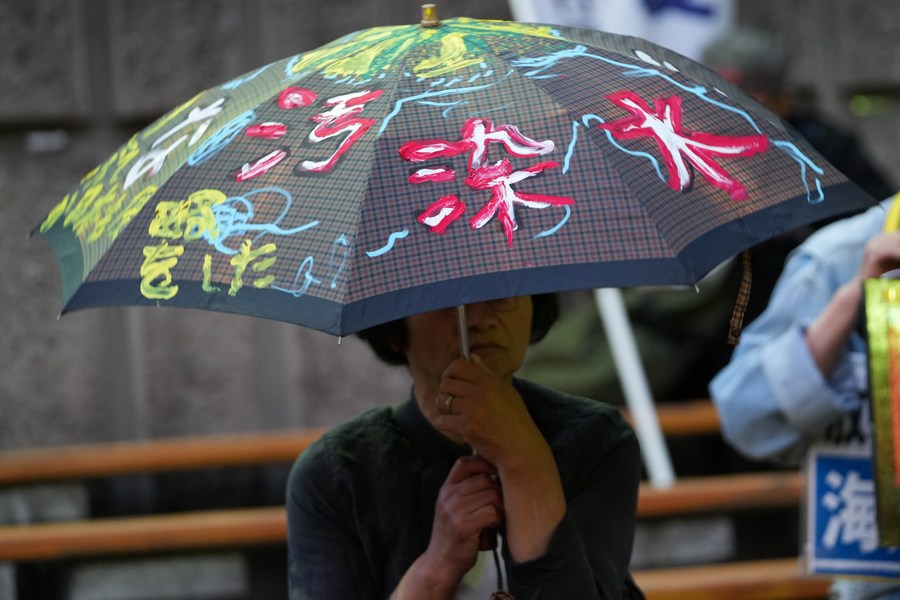
With news of recent trial operations in Japan to release nuclear-contaminated water into the ocean, 12 countries currently restrict Japanese food imports for fear of contamination. South Korea maintains a ban on imports of seafood from the area around the Fukushima plant and the country’s opposition leaders warned that “It could be 10 years, it could be 100 years — until the public is assured, seafood imports from Fukushima will be banned,” according to a report of The Japan Times on July 7.
China is the largest buyer of Japanese seafood exports. China’s General Administration of Customs announced an import ban on the food products from 10 Japanese prefectures or regions including Fukushima over safety concerns, noting that it will also inspect 100 percent of Japanese food exported to China. Needless to say, Japan’s controversial plan to dump Fukushima’s nuclear-contaminated water into the sea will escalate diplomatic tensions with neighboring countries.
A commitment to make the world livable for later generations
The Pacific Ocean is not Japan’s dumpster for Fukushima’s wastewater. Japan’s release of nuclear-contaminated water into the ocean is like a monster in a bottle in the story. Once he gets out of the bottle, he makes a mess all around which will not only damage the marine environment, but also endanger human life and health.
It is indeed very unfortunate that Western politicians and their media, who always boast about democracy and human rights, are surprisingly silent today about Japan’s “irresponsible behavior”. It is very noticeable that western media outlets are using the phrase “treated water” instead of “nuclear-contaminated water” in their reports.
As a signatory to a series of international laws and treaties such as the United Nations Convention on the Law of the Sea, the Convention on Nuclear Safety, and the Joint Convention on the Safety of Spent Fuel Management and on the Safety of Radioactive Waste Management, Japan should give due consideration to the concerns of the international community and immediately stop plans to discharge nuclear-contaminated water into the ocean.
Oceans are an inseparable part of the Earth’s ecosystem. Conservation of marine environment is a common responsibility of the whole mankind.
The article reflects the author’s opinions, and not necessarily the views of China Focus.
 Facebook
Facebook
 Twitter
Twitter
 Linkedin
Linkedin
 Google +
Google +




